The European Union (EU), together with its G7 allies, is preparing the fifth package of sanctions to increase the pressure on Moscow, without waiting for the conclusion of independent investigations after the war crimes allegations from Bucha.
The package also envisages a ban on the import of Russian coal. The fact that Russia supplies approximately 40 percent of the EU's total natural gas consumption and one-third of its oil imports causes debates within the Western alliance about how far the sanctions can go.
Coal sanction is 'camellar ear' over oil and gas
Despite China's 'wait for the results of the investigations' message, the EU also started sanctions on the energy sector, which it has not touched so far in the 5th sanctions package, yesterday, but the import ban, which is planned to be brought only to Russian coal, is described as ineffective in the international community and especially in the US and British press, with the comments of "go to hell". . Speaking to German Deutsche Welle, Brussels-based think tank senior expert George Zachman says the coal sanction is symbolic and will be the first sanction imposed on the energy sector. On the other hand, the EU's annual coal imports from Russia are only 4 billion Euros (4.4 billion dollars). Noting that this is a very small amount compared to oil and gas imports, Zachmanm says, “Coal is also a very liquid market and it can be substituted from other countries such as Colombia and South Africa.” According to the data of the International Energy Agency, the EU's gas purchases from Russia are 400 million dollars per day, and Russian oil and petroleum products imports are 700 million dollars per day.
The EU's High Commissioner for Foreign Policies, Josep Borrell, while the discussions on the 5th sanctions package continued yesterday, emphasized that "the union has paid 35 billion Euros for energy to Russia since the war began, while the arms aid to Ukraine is only 1 billion Euros". .
Sooner or later it will come to oil and gas.
Ursula von der Leyen, President of the European Commission, also signaled that the sanctions will continue, and she will go to Kiev in the coming days to meet with Ukrainian President Volodymyr Zelensky. While Leyen clearly stated that a ban on coal imports of 4 billion Euros per year would be imposed in the statement regarding the new sanctions package, he did not make a definite statement regarding oil and gas and said, "Now we have to look at Russia's oil and fossil energy revenues." The sanctions also envision a ban on Russian ships from entering EU ports. In the new sanctions of the USA and G7 countries, new measures are taken for financial institutions. European Council President Charles Michel also made a statement supporting that coal is just the beginning and said, "Sooner or later, steps will have to be taken towards oil and even natural gas." The EU makes 45 percent of its coal imports from Russia. According to Braemar data, coal imports from Russia in March reached 3.5 million tons, the highest level since October 2020.
Austria-Hungary opposes
In his speech to the German parliament, German Chancellor Olaf Scholz did not make a clear statement about Germany's stance in the new sanctions package, but emphasized that military support to Ukraine would continue by saying, "Our goal should be that Russia does not win this war." It is known that Germany wants coal, natural gas and oil to be evaluated separately. The natural gas sanction is something that Berlin will object to. However, it is not known for now what will be its attitude in oil. Austria and Hungary, on the other hand, are countries that have already stated that they oppose both oil and natural gas sanctions. The EU's sanctions decisions must be taken unanimously.


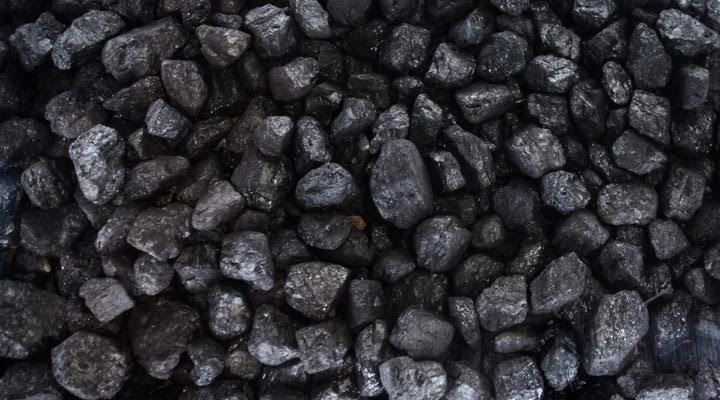

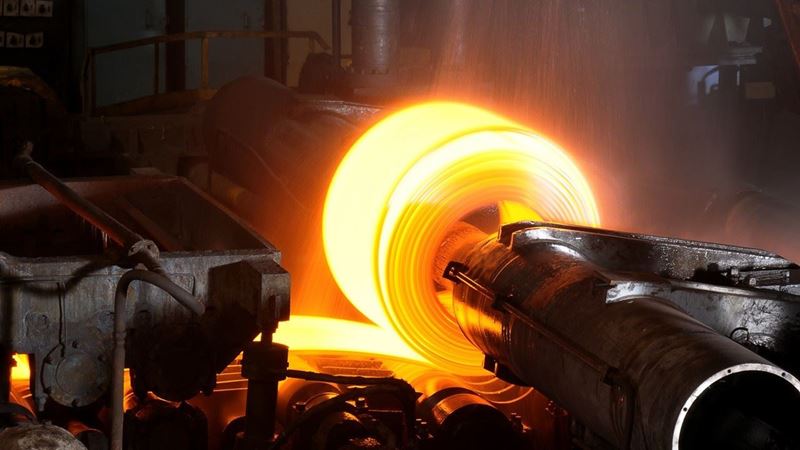
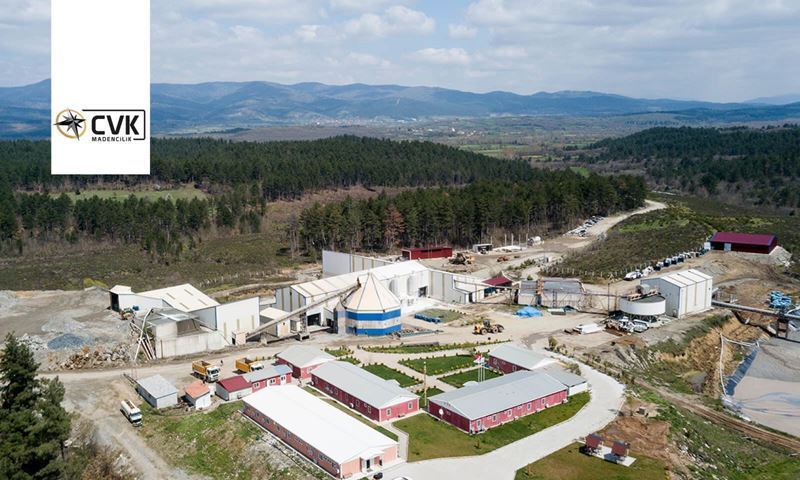
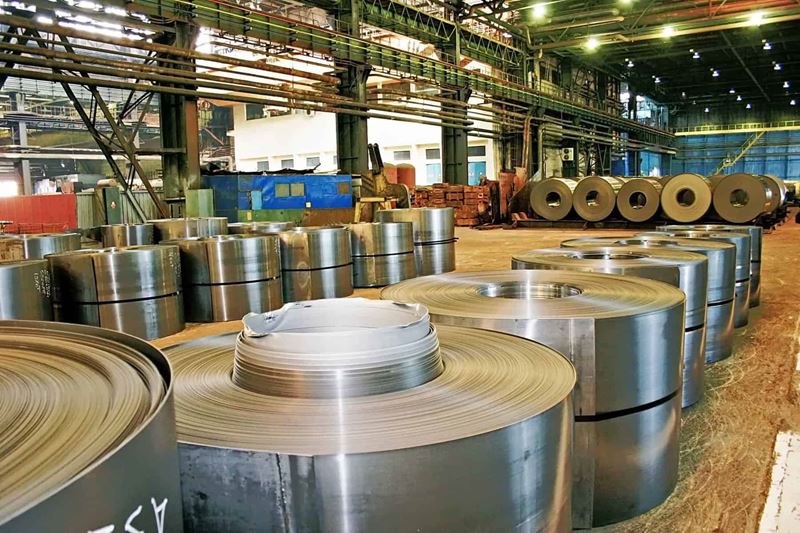
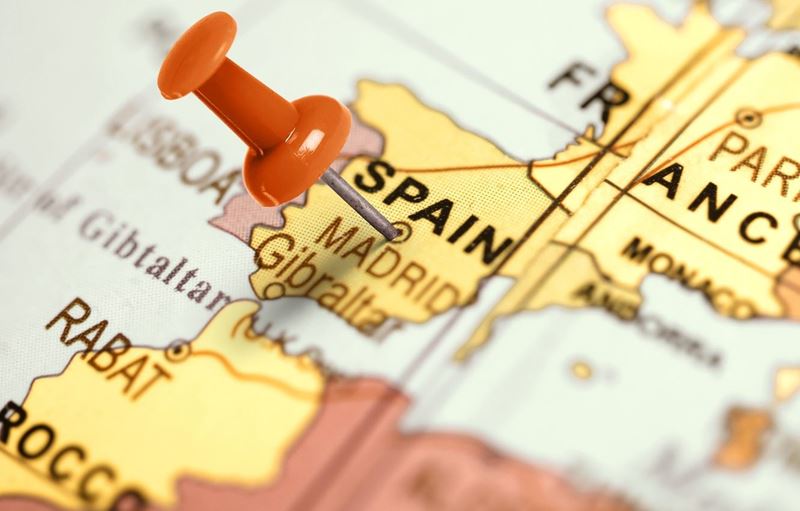
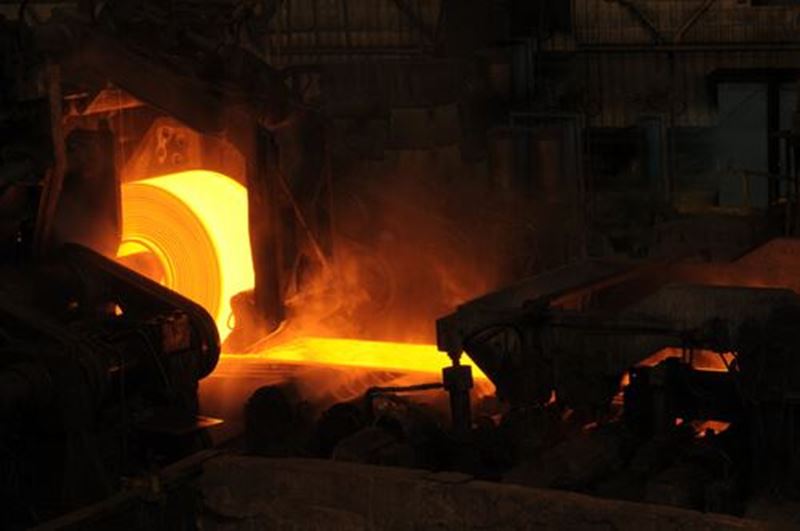

Comments
No comment yet.